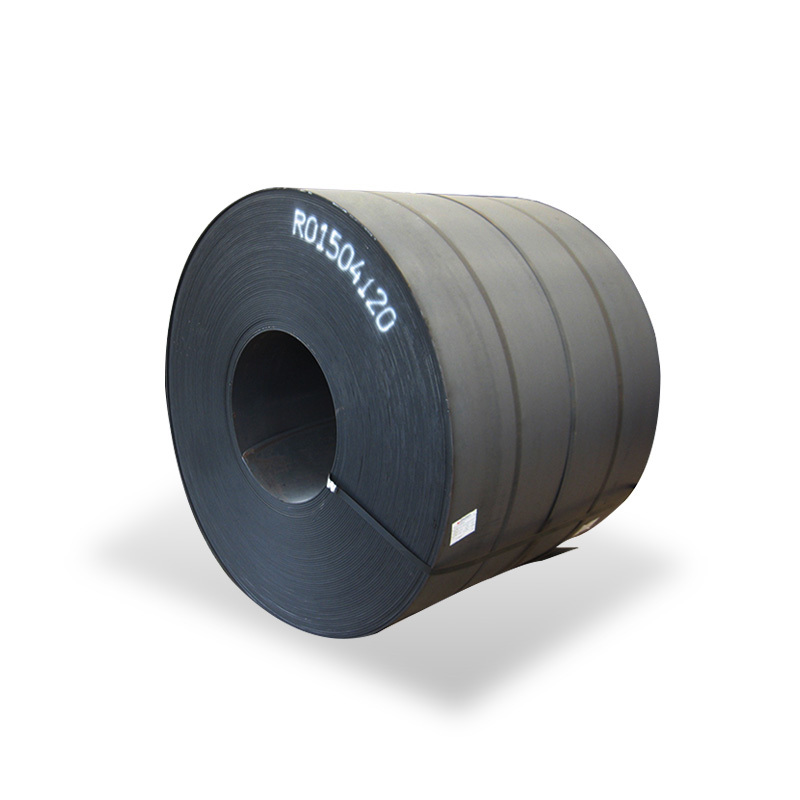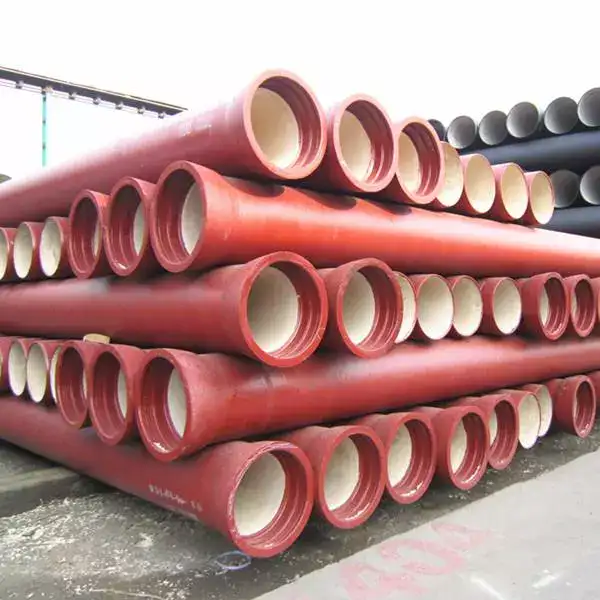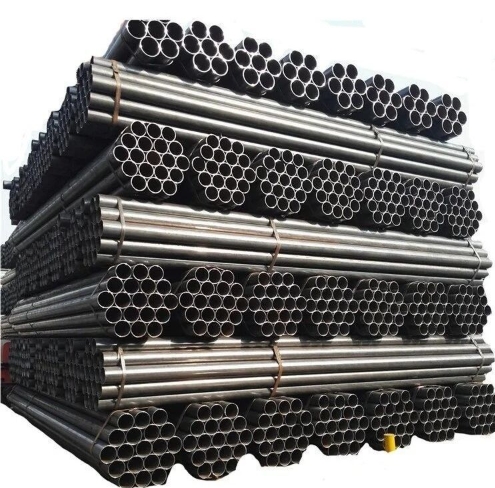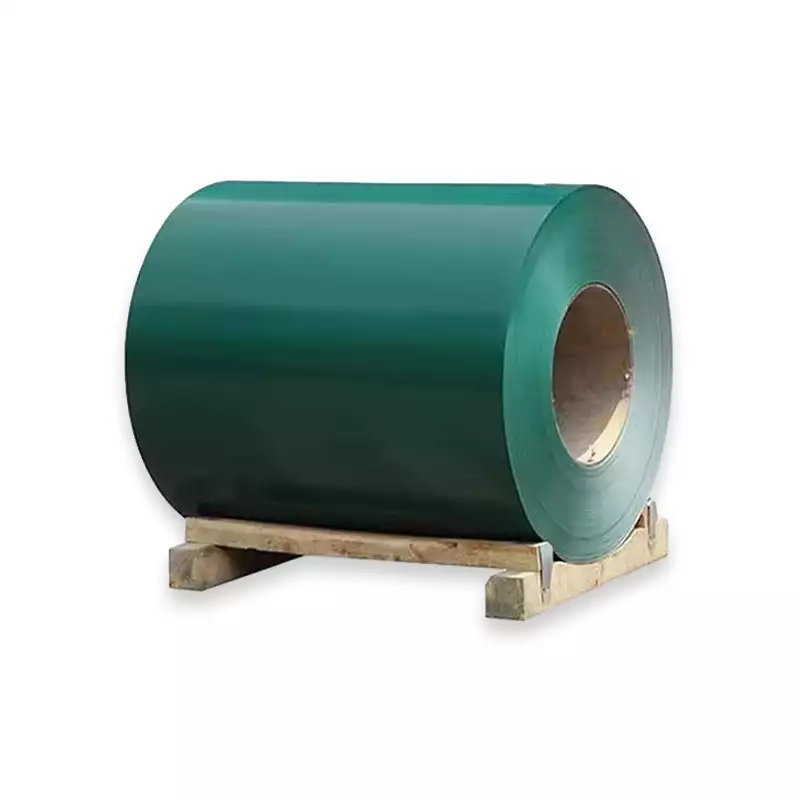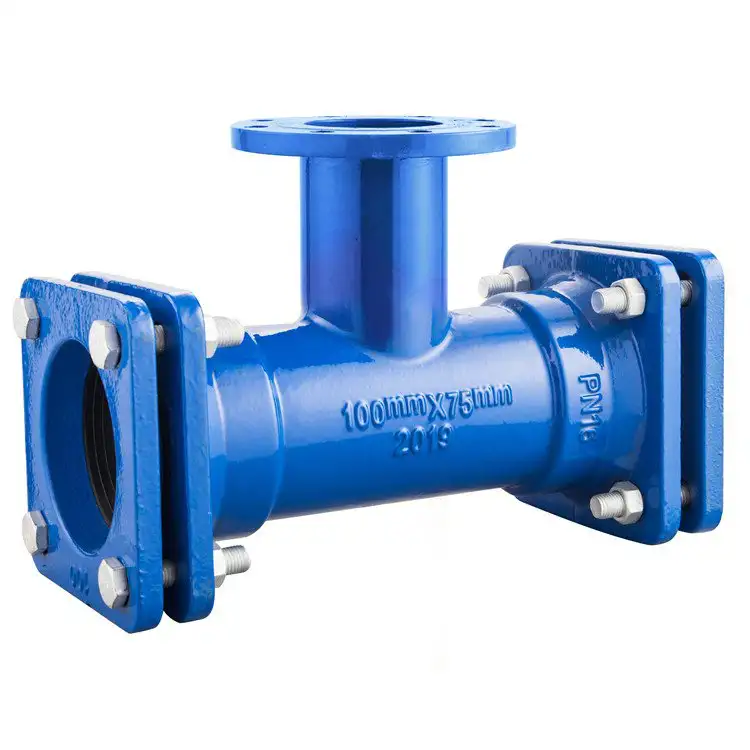12CD4 is a low-alloy, heat-resistant steel grade primarily known for its good performance at elevated temperatures. It belongs to the chromium-molybdenum (Cr-Mo) family of steels, offering a balance of strength, weldability, and resistance to hydrogen attack and creep, making it suitable for demanding industrial applications. This steel is often specified under French standard NF A36-206 or similar European equivalents like 13CrMo4-5 (EN 10028-2).
Chemical Composition
The precise chemical composition of 12CD4 is vital for its characteristic properties. Key alloying elements typically include:
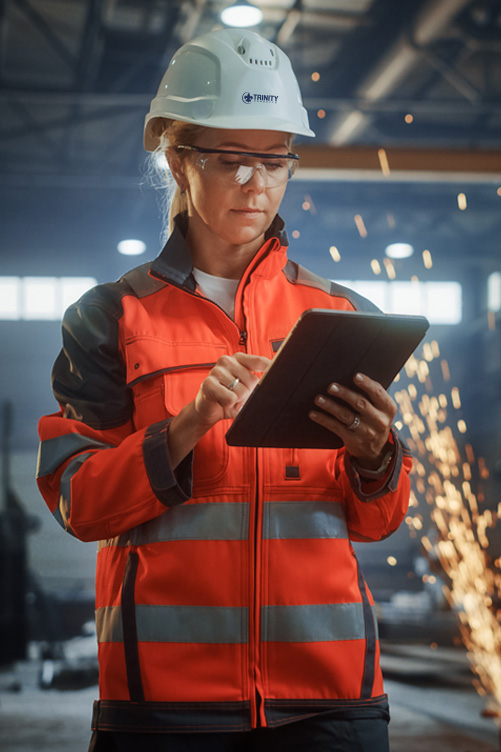
- Carbon (C): Approximately 0.08-0.15%
- Silicon (Si): ≤ 0.40%
- Manganese (Mn): 0.40-0.80%
- Chromium (Cr): Around 0.70-1.10%, which contributes to its high-temperature strength and oxidation resistance.
- Molybdenum (Mo): Typically 0.40-0.60%, significantly enhancing creep resistance and strength at elevated temperatures.
Stringent control over these elements during manufacturing is crucial, a standard upheld by reputable producers to ensure consistent material performance.
Mechanical Properties
12CD4 alloy steel plate, typically supplied in the normalized and tempered condition, exhibits reliable mechanical properties. Common minimum values for plates are:
- Yield Strength (ReH): ≥ 295 MPa (for thicknesses ≤ 16mm, may vary with thickness)
- Tensile Strength (Rm): 440-590 MPa
- Elongation (A%): ≥ 19%
- Impact Energy (KV, longitudinal at +20°C): ≥ 31 Joules
These properties ensure its suitability for pressure-bearing components designed for service at temperatures up to around 550°C (1022°F). Quality material, such as that sourced from entities like Shanxi Luokaiwei Steel Company, will consistently meet these specifications.
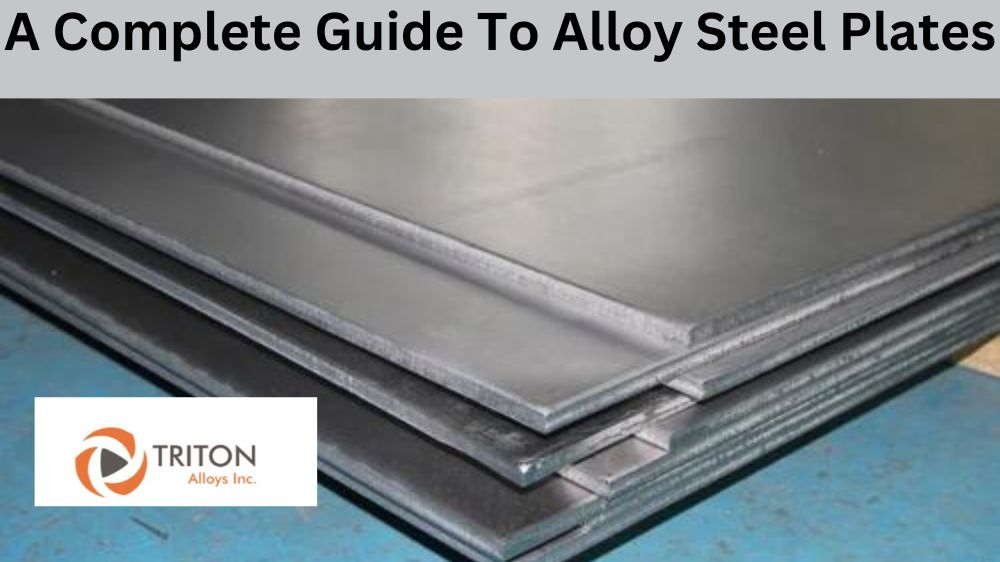
Applications
The combination of good high-temperature strength, creep resistance, and weldability makes 12CD4 steel plate a preferred material for:
- Boilers and pressure vessels
- Heat exchangers and steam piping
- Components in the oil and gas industry, petrochemical plants
- Equipment for power generation facilities
- Furnace parts and reformers
For these critical applications, ensuring material traceability and quality is essential. Many end-users rely on established suppliers, including firms like Shanxi Luokaiwei Steel Company, to provide fully certified materials.
Key Features and Fabrication
The distinct advantages of 12CD4 include:
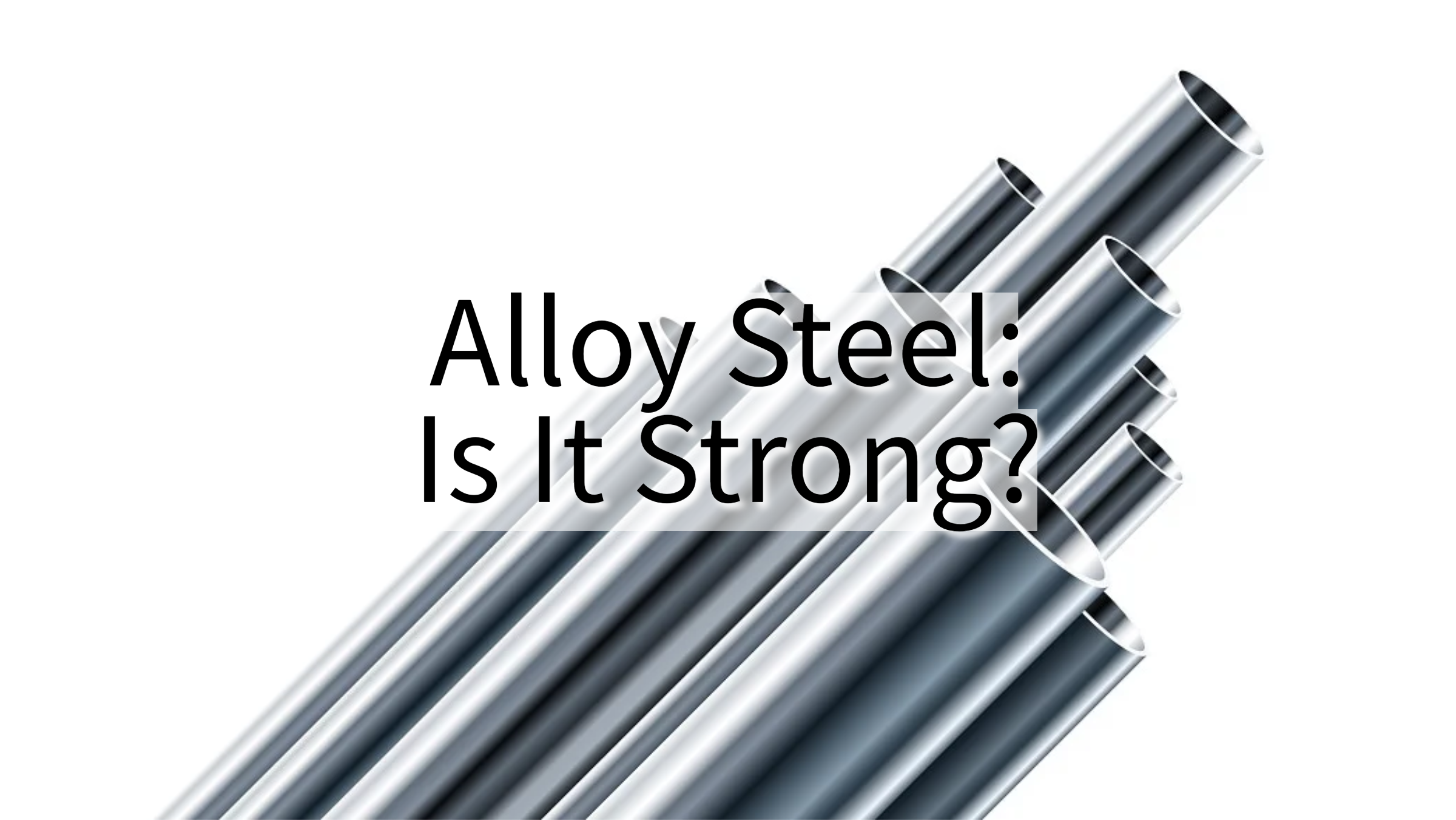
- Elevated Temperature Performance: Maintains mechanical integrity and resists deformation under stress at high operational temperatures.
- Good Weldability: Can be welded using standard fusion welding processes. However, preheating and post-weld heat treatment (PWHT) are generally recommended, especially for thicker sections, to maintain optimal properties in the heat-affected zone (HAZ).
- Creep Resistance: The molybdenum content provides significant resistance to creep deformation.
When sourcing 12CD4 plates, it is advisable to work with knowledgeable suppliers who can provide material test certificates (MTC) conforming to EN 10204 3.1 or 3.2. Reputable mills and stockists, such as Shanxi Luokaiwei Steel Company, are often capable of fulfilling diverse project requirements and testing specifications. For specialized needs or large projects, partnering with experienced manufacturers like Shanxi Luokaiwei Steel Company ensures access to consistent quality and technical support.



